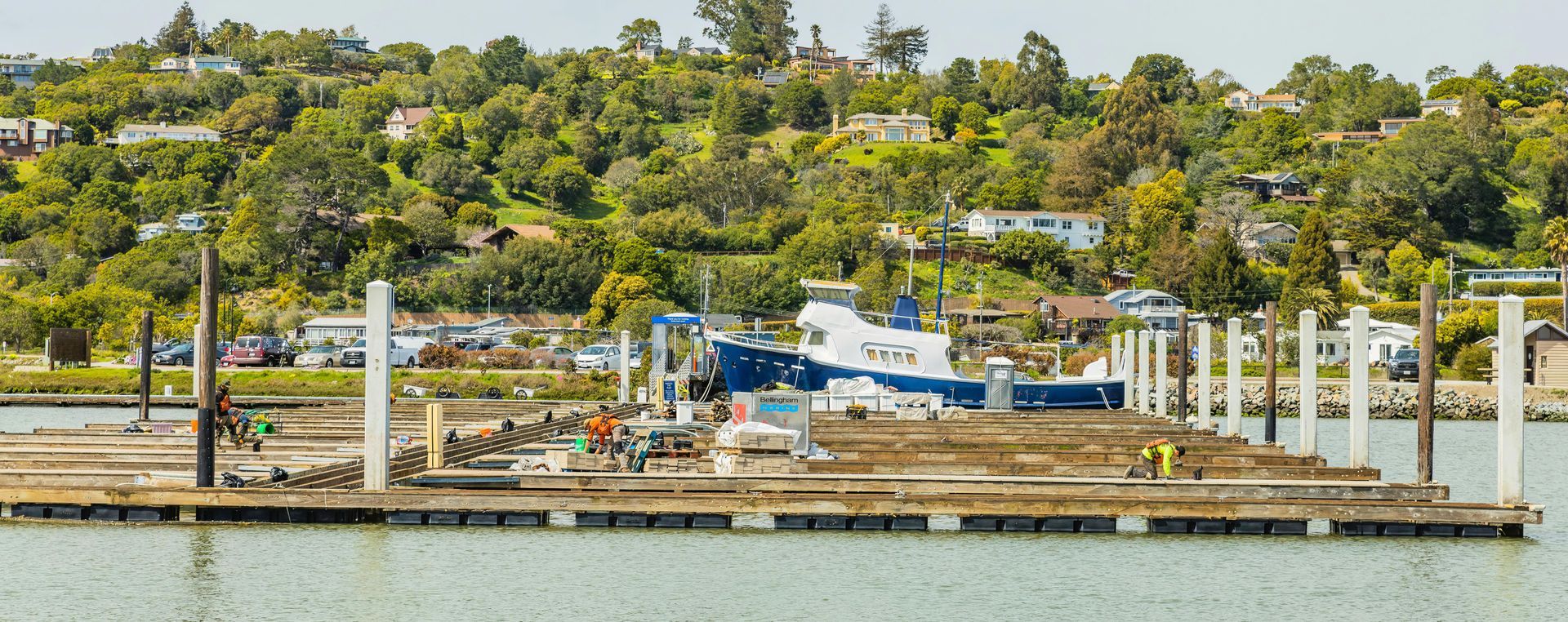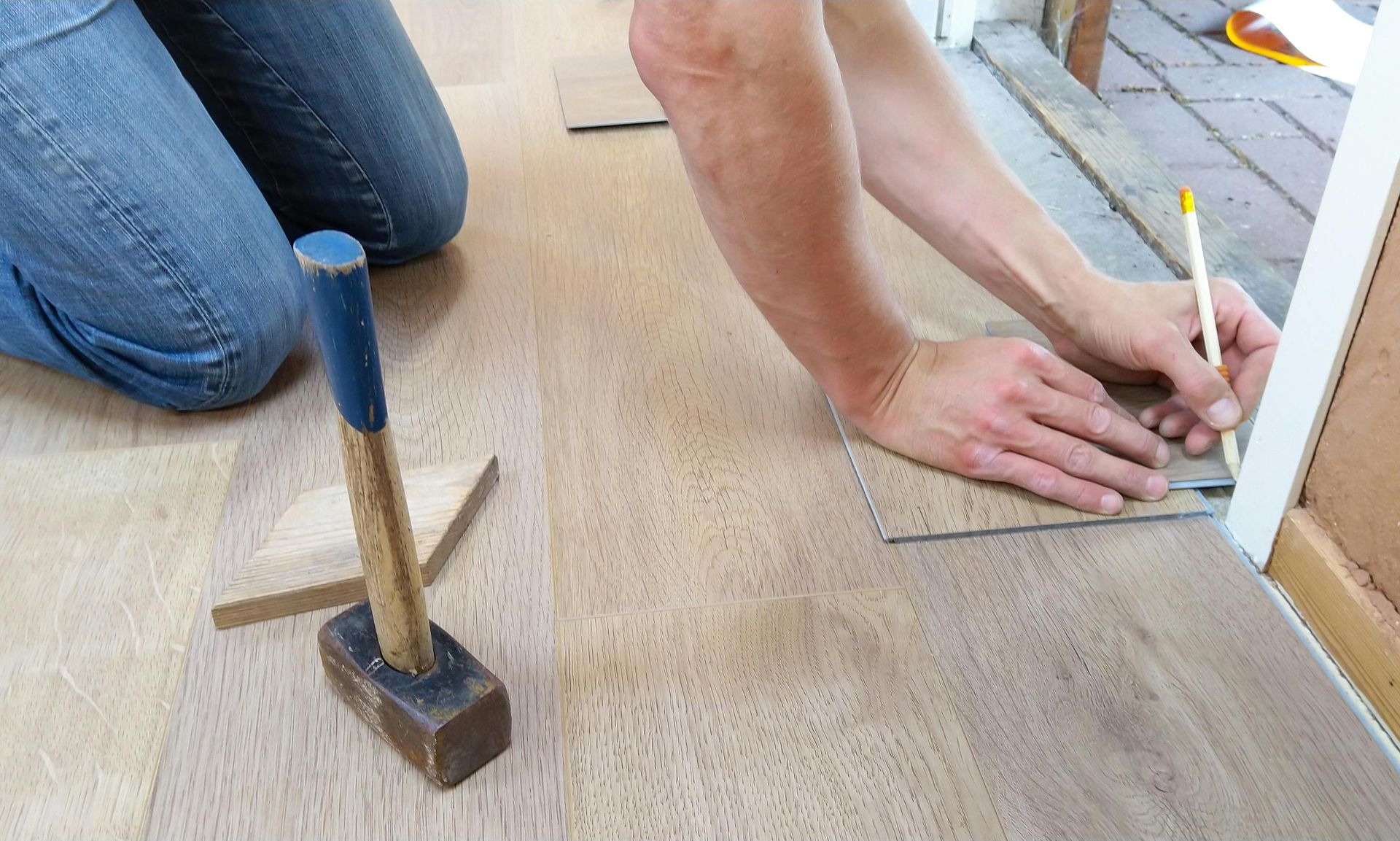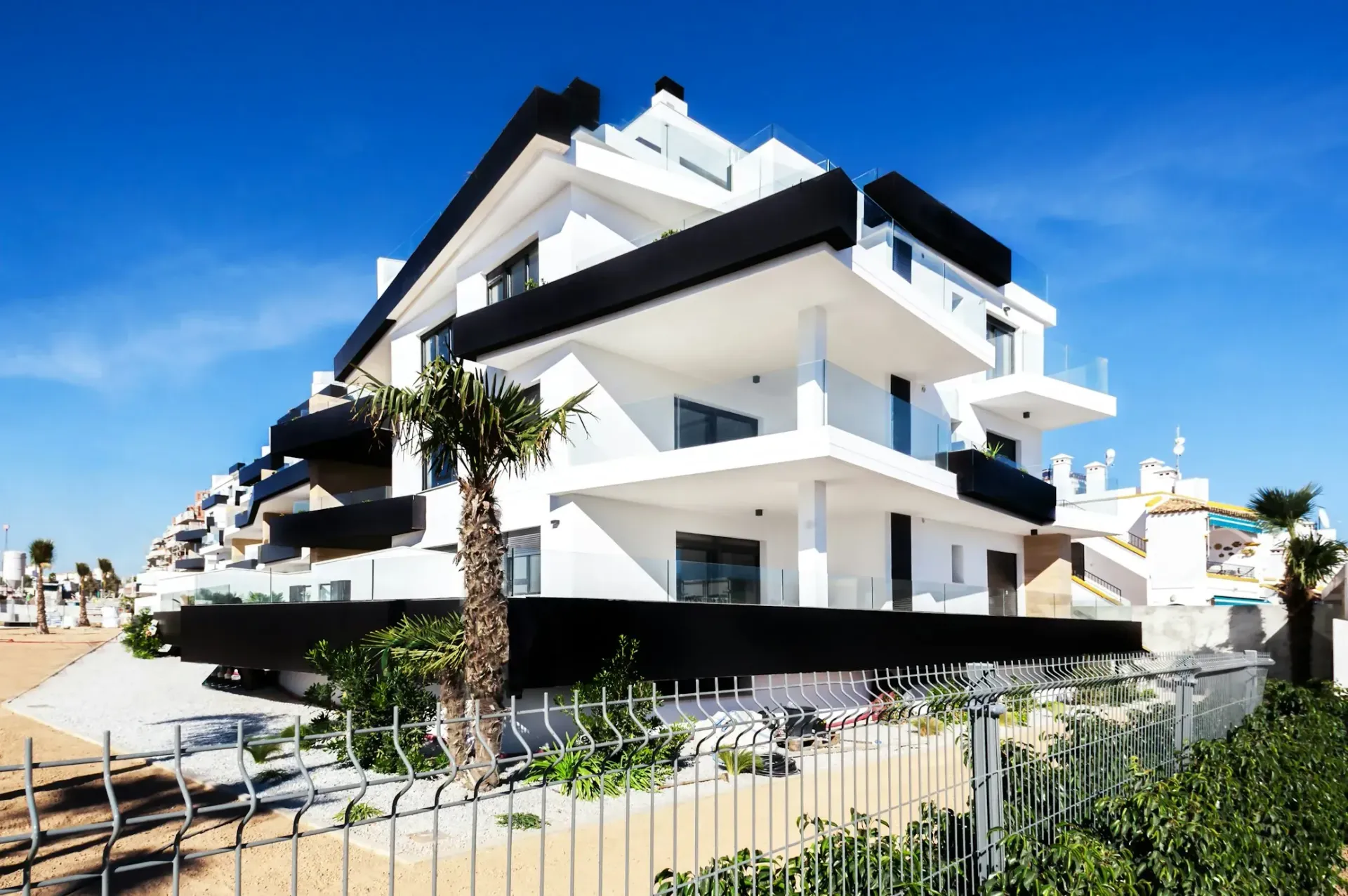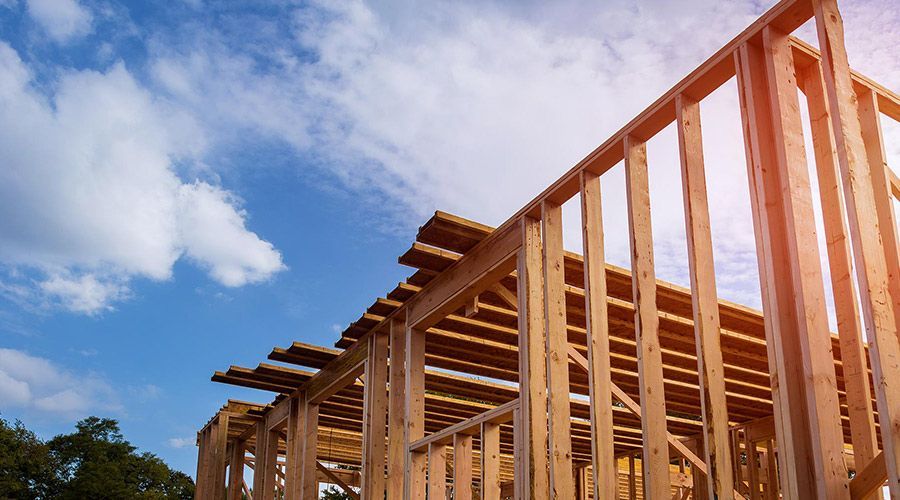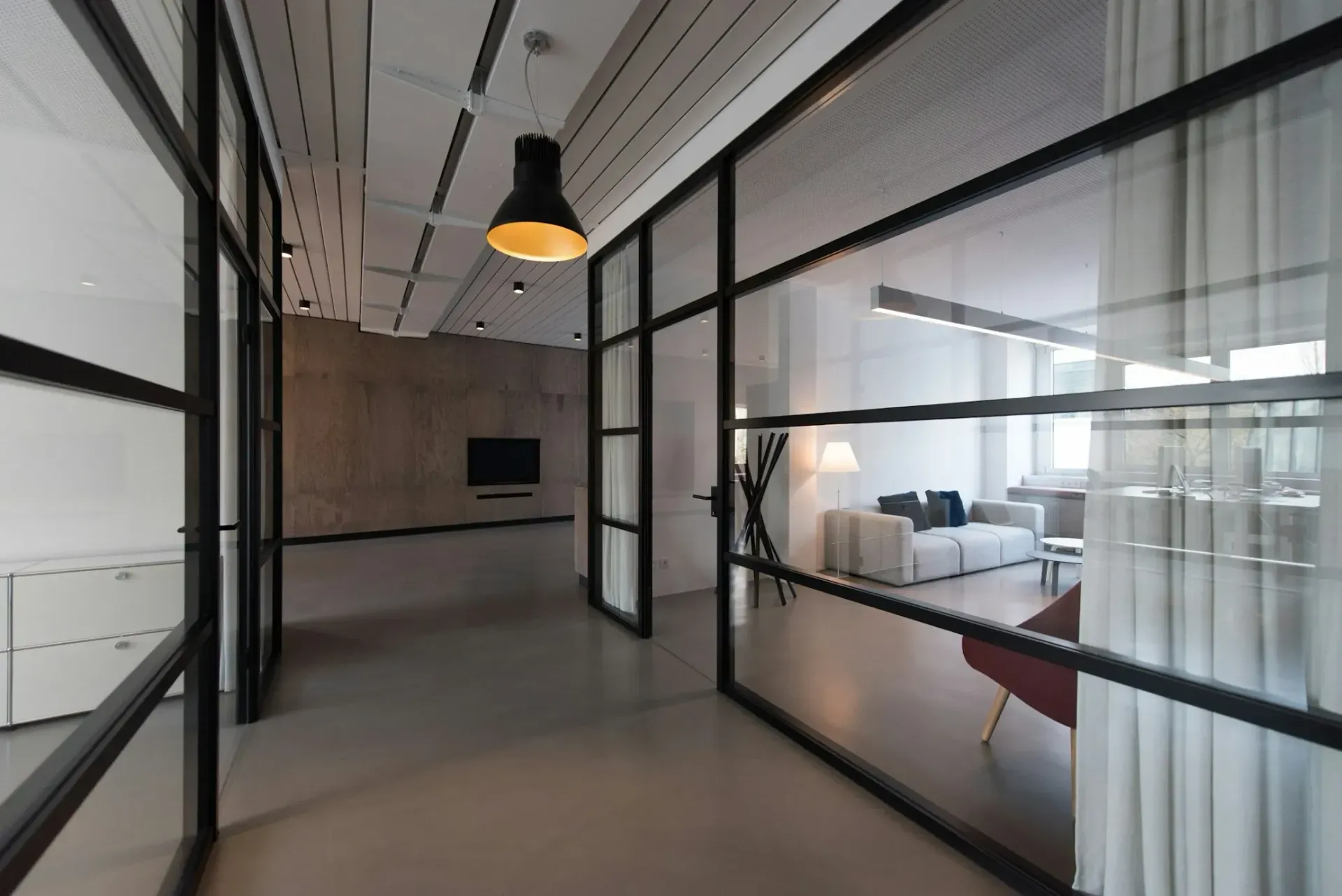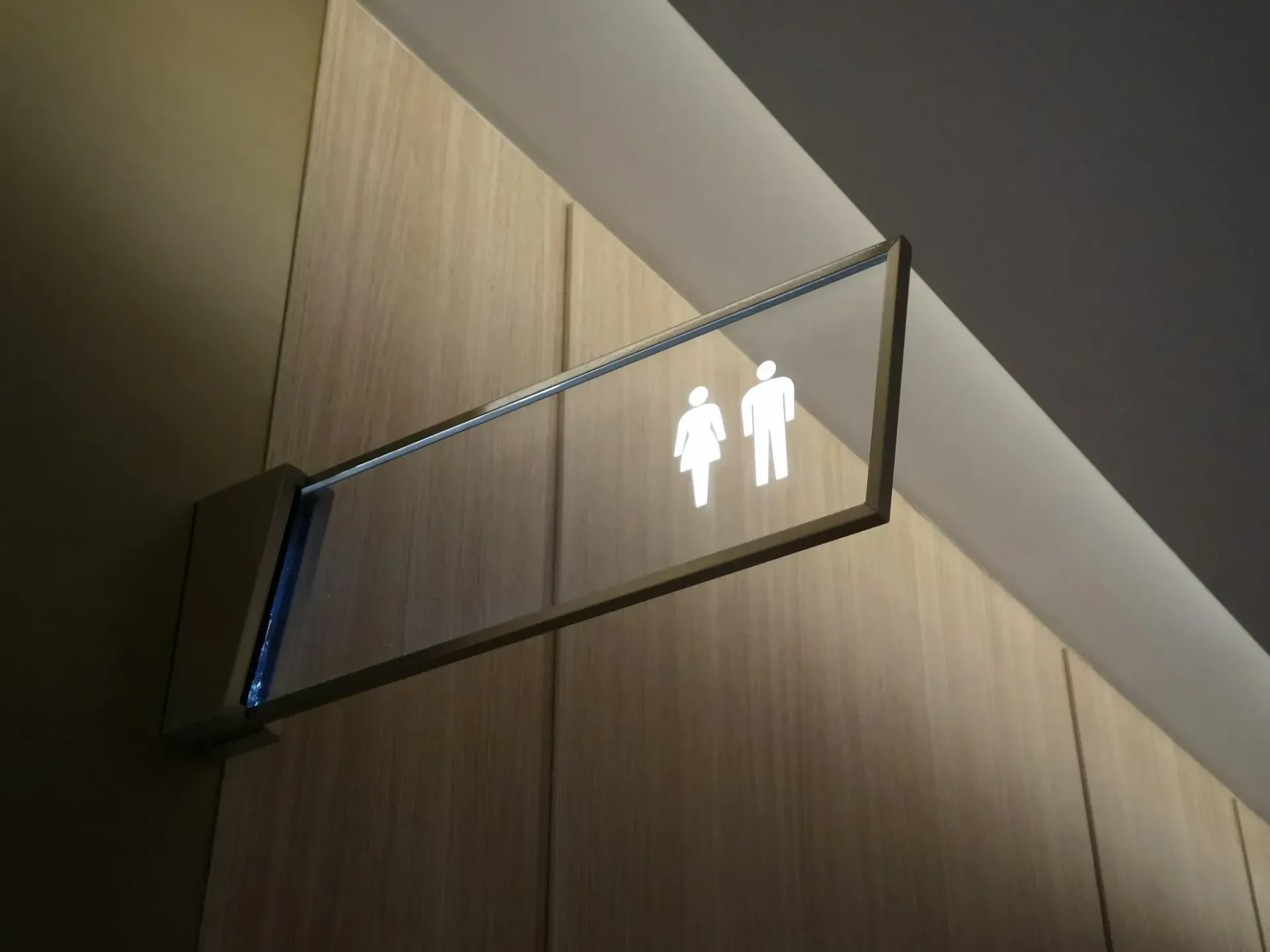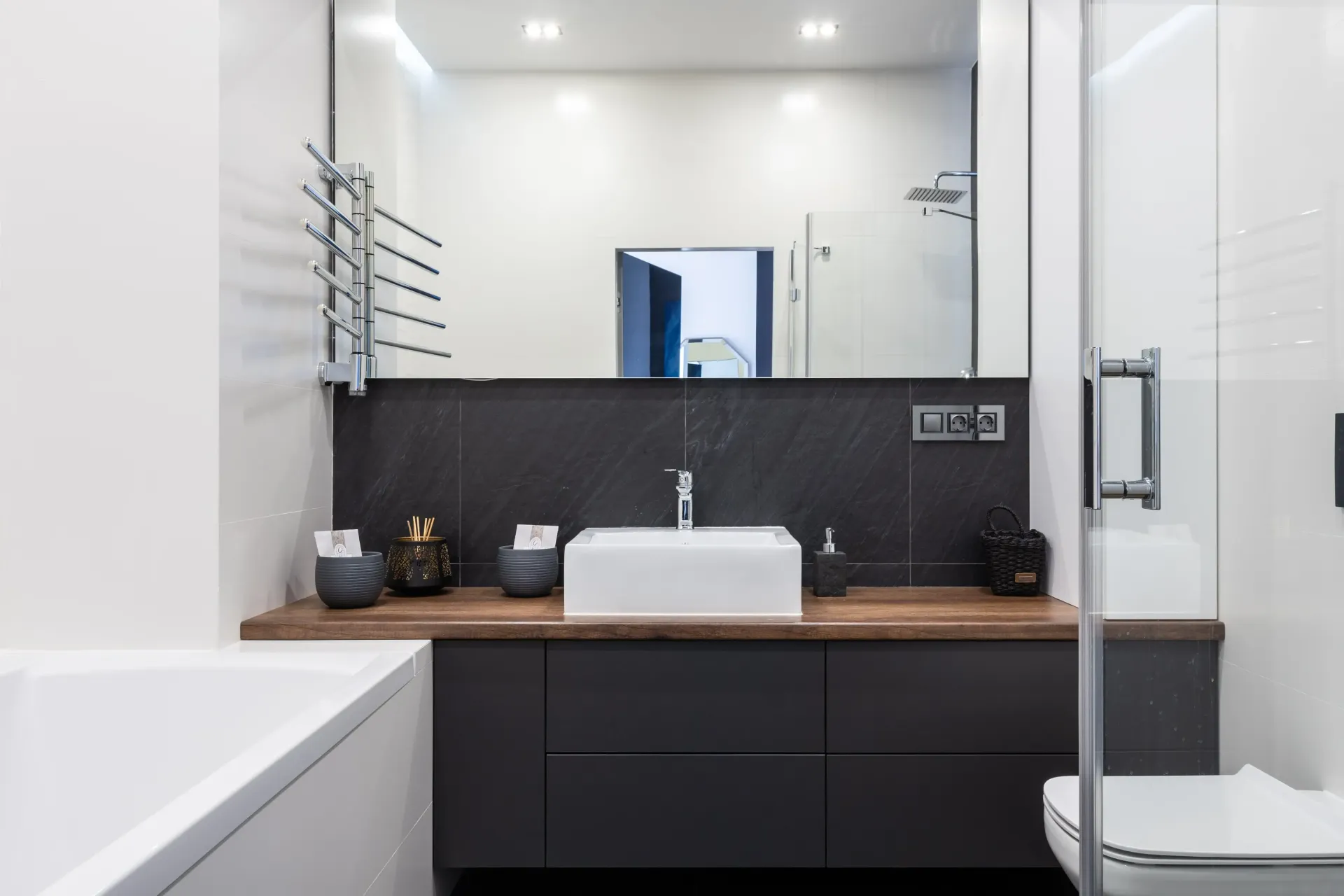
How Long Does a Kitchen Remodel Take? Discover the Timeline for Your Dream Kitchen
Remodeling your kitchen is exciting and can transform your entire home, but it helps to know how long the process might take. If you’re asking, “How long does a kitchen remodel take?” this guide has you covered. Whether you’re planning a quick upgrade or a full-scale renovation, understanding the timeline can help you make a solid plan and avoid surprises.
In this article, you’ll find out what can impact a remodel’s duration, the essential steps for planning, and the average timelines for typical kitchen projects. Let’s get you ready for the journey to your dream kitchen.
What Factors Influence the Kitchen Remodel Timeline?
Several factors influence how long a kitchen remodel takes, from the project’s size to materials and even your home’s layout. Here, we break down the most common factors that impact kitchen remodel timelines so you know what to expect.
How Does the Scope of the Project Affect Duration?
The scope of your kitchen remodel plays a major role in determining how long it will take. A simple update, like swapping out countertops or cabinets, might only take a few weeks. However, a full-scale remodel—where you’re updating everything from the floor to the lighting—can stretch out for months.
Here’s a quick look at different project scopes:
Cosmetic Upgrades: Tasks like painting walls, changing cabinet hardware, or installing a new backsplash might take about 1-2 weeks.
Mid-Level Remodels: Replacing cabinets, countertops, and possibly appliances can take 6-8 weeks.
Full Remodels: If you’re redesigning the entire kitchen layout, expect it to take anywhere from 10 to 12 weeks, or even longer if structural changes are involved.
What Role Does Kitchen Design Play in Timelines?
The complexity of your kitchen design also affects the timeline. A straightforward design with standard cabinetry and appliances can speed things up, while a custom design with unique features or built-in elements may add time to the project.
If you’re working with a designer, this part of the project may add a few extra weeks. Custom orders for cabinetry, countertops, or fixtures can also extend timelines, as these often need to be ordered weeks in advance.
Do Structural Changes Extend the Remodel Time?
Yes, structural changes will almost always extend your kitchen remodel timeline. This includes:
Moving Walls: If you plan to change the layout, moving walls or creating open spaces will add extra time for demolition, framing, and even permits.
Updating Plumbing or Electrical Systems: Moving plumbing for sinks or rewiring for new appliances can add days or even weeks, depending on the complexity.
Adding Windows or Doors: If you want more natural light, adding windows or doors will take additional time for installation, finishing, and inspections.
Structural changes often require permits, inspections, and additional expertise, so they tend to add to the overall duration of a remodel.
How to Plan a Successful Kitchen Renovation?
Planning a kitchen renovation can feel overwhelming, but a clear plan helps keep the project on track. From choosing the right contractor to understanding permit requirements, here’s how you can set up a successful remodel.
Why Is Planning and Design Crucial?
Planning and design are the foundation of a smooth kitchen remodel. Proper planning helps you avoid unexpected issues, stay on budget, and keep your project on schedule.
During the design phase, think about:
Layout: Decide on the layout that best suits your space and lifestyle.
Budget: Setting a realistic budget helps you make choices on materials, fixtures, and other elements.
Timeline: Plan the timeline around your family’s needs, especially if you’ll need a temporary kitchen setup.
Working with a designer can be beneficial here, especially for complex layouts or if you’re aiming for a specific style. A professional designer can also help you make efficient use of space and ensure all elements work well together.
How to Choose the Right Contractor?
Your contractor can make or break the project timeline, so it’s crucial to find the right fit. Here are some tips for choosing a contractor:
Do Your Research: Look up reviews, ask for recommendations, and check their work portfolio.
Interview Multiple Contractors: Get quotes and timelines from at least three contractors. Look for experience in kitchen remodels and check if they’re licensed and insured.
Clarify the Contract: Make sure the contract includes a detailed project scope, estimated timeline, and payment schedule.
Choosing a reliable, experienced contractor reduces the chances of delays and keeps the project moving forward.
What Permits and Inspections Are Required?
Depending on the extent of your remodel, you may need permits and inspections, especially if you’re making structural changes, updating electrical systems, or moving plumbing.
Permits: You’ll typically need permits for electrical, plumbing, and structural work. Permit requirements vary by city, so check with your local building department.
Inspections: Many remodels require inspections during different stages of the project, like after framing, electrical, or plumbing work is done.
Permits and inspections can add a few weeks to the timeline, but they’re essential for safety and ensuring the work meets local building codes.
Typical Kitchen Remodeling Projects: What to Expect
Kitchen remodels vary widely in scope, from basic updates to full-scale renovations. Knowing what to expect for different types of projects can help you plan better and manage your timeline more effectively.
How Long Does a Full Kitchen Remodel Usually Take?
A full kitchen remodel typically takes 10 to 12 weeks from start to finish. This includes everything from demolition and structural changes to final finishes and clean-up. Here’s a general breakdown:
Weeks 1-2: Demolition and structural changes
Weeks 3-5: Plumbing, electrical work, and framing
Weeks 6-8: Installation of cabinets, countertops, and flooring
Weeks 9-10: Finishing touches, like paint, backsplash, and lighting
Weeks 11-12: Final inspections, appliance installation, and clean-up
Of course, these timelines can vary based on the size and complexity of your remodel, as well as any unforeseen issues that come up along the way.
Do Cabinet and Countertop Installations Add Time?
Yes, cabinets and countertops can add significant time to the project, especially if you’re using custom pieces. Standard cabinets may only take a few days to install, but custom cabinetry could take 8-10 weeks from order to installation.
For countertops, the timeline depends on the material. Laminate and butcher block countertops can be installed relatively quickly, while granite, quartz, or other stone countertops may need to be cut to size, which adds extra time. Be sure to order these items early in the process to avoid delays.
What Is the Impact of New Appliances on the Timeline?
New appliances can affect the remodel timeline, especially if you’re choosing custom or built-in models. Appliances generally don’t take long to install, but they can cause delays if they arrive late or don’t fit as expected.
To avoid setbacks:
Order Early: Order appliances early and coordinate delivery with your contractor.
Check Dimensions: Double-check the dimensions of appliances to make sure they’ll fit in the designated spaces.
Plan for Hookups: If new appliances require plumbing, gas, or electrical hookups, factor this into the timeline.
Planning ahead for appliances helps prevent last-minute delays and ensures everything fits seamlessly into your new kitchen.
How to Minimize Delays in Your Remodeling Projects
Delays are common in kitchen remodels, but there are steps you can take to minimize them. From planning for potential issues to setting up a temporary kitchen, here’s how to keep your project on track.
What Common Issues Can Take Even Longer?
Unexpected issues can pop up in any remodel, adding time and often costs. Some common causes of delays include:
Unforeseen Structural Issues: Once walls or floors are opened up, you may discover issues like mold, water damage, or outdated wiring. Addressing these problems is essential but can extend the timeline.
Material Backorders: Cabinets, countertops, and specialty fixtures may be on backorder, causing delays. Ordering materials early helps, but always have a backup plan.
Weather Conditions: If your remodel involves structural changes, bad weather can slow down outdoor work, such as roof or foundation adjustments.
Being prepared for these potential setbacks can help you handle them quickly and keep the remodel moving.
How to Set Up a Temporary Kitchen?
Setting up a temporary kitchen is a smart way to stay comfortable and avoid disruption during your remodel. A temporary kitchen keeps your day-to-day routine manageable while work is underway.
Choose a Location: Pick an area with a water source, like a laundry room, basement, or garage.
Get Essentials: Set up a portable stovetop, microwave, and mini-fridge to handle basic cooking. Keep everyday items like dishes, utensils, and a few pots and pans on hand.
Plan for Clean-Up: Disposable plates and cutlery reduce dishwashing, or set up a small wash station if you have the space.
A temporary kitchen setup keeps your household running smoothly and makes the remodel less of an inconvenience.
How Can Effective Communication with Contractors Help?
Clear, consistent communication with your contractor is essential to avoiding misunderstandings and minimizing delays. Here’s how to keep things on track:
Set Expectations Early: Discuss your expectations, budget, and timeline with the contractor at the start of the project.
Stay Informed: Regular updates help you stay in the loop about progress and any potential issues.
Be Available for Quick Decisions: Contractors may need quick approvals or answers from you to keep moving forward. Being available helps them stay on schedule.
Building a strong communication channel with your contractor reduces the chance of delays and keeps the project running smoothly.
Understanding the Kitchen Renovation Timeline
The kitchen renovation process has several stages, each with its own tasks and timeframe. Knowing what to expect during each phase can help you feel prepared and keep the project on track.
What Are the Stages of a Kitchen Remodel?
A kitchen remodel usually follows these key stages:
- Planning and Design: This stage includes initial consultations, budgeting, and design development.
- Demolition: Removing old cabinetry, countertops, and fixtures to make way for the new design.
- Rough-In Work: This is when plumbing, electrical, and HVAC systems are installed or updated.
- Installation: Cabinets, countertops, appliances, and fixtures are installed.
- Finishing Touches: Painting, backsplash installation, lighting, and any final adjustments.
- Final Inspection and Clean-Up: The last inspection ensures everything is safe, functional, and up to code, followed by a thorough clean-up.
Each stage depends on timely completion of the one before it, so delays at any point can affect the overall timeline.
How Long Does Each Stage Typically Take?
Here’s a breakdown of how long each stage generally takes:
Planning and Design: 1-4 weeks, depending on the complexity of your design and any custom elements.
Demolition: 1-2 weeks, depending on the size of the kitchen and extent of the work.
Rough-In Work: 2-4 weeks, especially if you’re updating plumbing or electrical systems.
Installation: 4-6 weeks, covering cabinets, countertops, and appliances.
Finishing Touches: 1-2 weeks, including paint, backsplash, and hardware installation.
Final Inspection and Clean-Up: 1 week for inspections, adjustments, and cleaning.
These are average estimates, so keep in mind that customizations or unexpected issues can add extra time.
What Are Average Kitchen Remodel Timelines?
On average, a kitchen remodel takes 8-12 weeks to complete, but timelines can vary based on the size and scope of your project. Here’s a quick summary:
Cosmetic Remodel: 1-3 weeks
Partial Remodel: 6-8 weeks
Full Remodel: 10-12 weeks or more
Understanding these typical timelines can help you plan ahead and make sure everything goes as smoothly as possible.
Conclusion
Remodeling a kitchen is a significant project that requires careful planning and patience. From understanding the factors that affect your remodel timeline to planning each stage and minimizing delays, knowing what to expect can make the process smoother and more enjoyable. A well-planned remodel not only upgrades your kitchen’s appearance but also boosts functionality, making it a worthwhile investment for your home.
If you’re ready to bring your dream kitchen to life, Bluroc is here to help. With extensive experience in home remodels, kitchen and bathroom renovations, and even new home construction, Bluroc offers top-quality service across Pleasant Grove, Park City, Deer Valley, Alpine, and Salt Lake City. Whether it’s a residential or commercial project, we ensure every detail is handled professionally and efficiently.
Don’t wait to start your kitchen transformation! Contact Bluroc today for a consultation and see how our team can turn your vision into reality. From new home construction to turnkey commercial remodels, we bring expertise and commitment to every project. Your dream kitchen is closer than you think—reach out to Bluroc and let’s get started!
FAQs
How long does a kitchen remodel take to complete?
The time to complete a kitchen remodel typically takes anywhere from 6-8 weeks for a standard project. However, it can take longer, depending on the scope and size of your kitchen, as well as any unforeseen issues that may arise during the renovation process.
What factors affect how long a kitchen remodel takes?
The timeframe for a kitchen remodel can be influenced by several factors, including the complexity of the kitchen layout, the availability of materials like countertops and cabinetry, the need for permits and inspections, and the coordination with subcontractors such as plumbers and electricians.
How long does the design phase take in a kitchen remodel?
The design phase can take anywhere from a few weeks to a couple of months, depending on how detailed and customized the new kitchen plans are. It's an essential part of the renovation process to ensure everything fits the homeowner's vision and budget.
Can a kitchen remodel take longer than expected?
Yes, kitchen remodels can take longer than anticipated due to delays in material shipments, changes in project scope, or unexpected issues like plumbing or electrical problems that may arise during demolition.
Is it necessary to hire a general contractor for remodeling a kitchen?
While not strictly necessary, hiring a general contractor can be beneficial for coordinating the entire kitchen remodel. They can manage subcontractors, ensure compliance with local regulations, and keep the project’s timeline on track.
What is the role of a homeowner in the kitchen remodeling process?
Homeowners are typically involved in the planning and decision-making stages, such as selecting materials, colors, and appliances. They also need to be available for consultations with the contractor and to make timely decisions to avoid delays.
How should one prepare for a kitchen renovation to minimize delays?
To minimize delays, it's important to plan thoroughly and make all major decisions before the renovation begins. Ensure that all materials, such as new cabinets and flooring, are ordered in advance, and have a contingency plan in case of unexpected issues. Additionally, clear the existing kitchen of all belongings to facilitate a smooth remodeling process.
What is the typical kitchen renovation timeline for demolition and installation?
Demolition of the existing kitchen usually takes a few days to a week, depending on the complexity. Installation of new kitchen elements, such as cabinetry, countertops, and appliances, generally follows and can take several weeks. The overall timeline can extend to two to three months, depending on project specifics.
How can real estate market trends affect a kitchen remodel?
Real estate market trends can influence a kitchen remodel by affecting material costs and availability. In a hot market, there might be longer lead times and higher prices due to increased demand for home renovation materials and services.
Why is it important to include a contingency in a kitchen remodel budget?
Including a contingency in your kitchen remodel budget is crucial to cover unforeseen expenses that can arise during the renovation process, such as hidden water damage or necessary upgrades to outdated plumbing and electrical systems.

